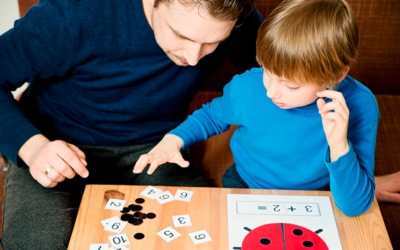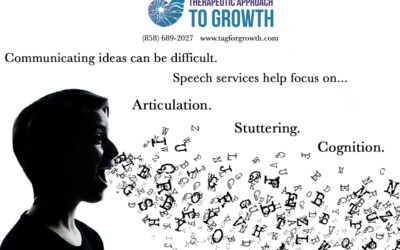Electronics and Autism

My experience over the years
has motivated me to address an area that I find an obstacle to most children’s dynamic growth. This is the amount of time spent using electronics or involved in other special interest activities. This is a pervasive problem in our society today, one which is not limited to children on the autism spectrum. However, for children on the spectrum who are delayed in their development, spending lots of time using electronics or in other special interest activities can be a huge obstacle to apprenticeship and increasing their dynamic intelligence. For many, using electronics is like an addiction, because the child feels so much more competent when using electronics than engaging in dynamic interactions. Because there is often so much uncertainty with engaging and interacting, these children choose to participate with electronics or other special interests over most anything else.
Furthermore, it is not only the time spent on electronics, it is the time these children spend thinking about what they do when engaging with them and often how this thought process influences what they say and how they interact with people that are of great concern. Another important point is that a child may be able to think pretty dynamically within a special interest area such as electronics, however, typically, this type of thinking does not carry over to other areas.
A data collection sheet can be seen attached, which gives families an easy way to track how much time their child spends using electronics and/or is engaged in special interest activities. It is important to become aware of this amount of time and understand that time spent in this way takes away from time spent in dynamic activities and interactions that will lead to your child’s social/emotional growth.
Electronics data
The following resources may be helpful to parents and professionals:
www.teenvideogameaddiction.com
http://www.abc.net.au/catalyst/stories/3488130.htm
www.teenvideogameaddiction.com/Products.html
http://kevinjroberts.net/tag/screen-time/
“My fears for the future are rooted in a growing body of scientific research. A study done in the United Kingdom, for example, found that young males who spent several hours playing online, role-playing video games exhibited the same personality traits as people with Asperger’s syndrome, a high-functioning form of autism. The more time people spent playing these games, the researchers found, the more likely they were to show three specific traits usually associated with Asperger’s syndrome: neuroticism and a lack of extraversion and agreeableness. People with high levels of neuroticism have a propensity toward persistent negative states, such as anger, anxiety, and frustration. Low levels of extraversion and agreeableness correspond to a mindset that is unsuited to positive and mutually-beneficial interactions with others. The fact that excessive video games can produce these tendencies shows that they impact the brain, at least temporarily. What is unknown is whether or not this impact can become permanent over time.” Kevin J Roberts
Gail Ludwig, M.A.
Licensed Speech/Language Pathologist
Certified HANDLE™ Screener
Related Posts
TAG Winter Wonderland 2021
2021 Winter Wonderland Our annual Winter Wonderland Event was held Dec 2021 This event is special for our team and families. We enjoy games, events and treats.Related PostsWe're Here Whenever You Need Us9466 Black Mountain RdSuite 100San Diego, CA 92126 Phone: (858)...
Feeling Nervous About The Challenges of a New School Year?
Parents all over the world toss and turn with the start of a new school year. Parents of children with special needs have additional fears about the quality of their school, the appropriateness of their child’s placement and the endless worry about making sure their child is able to enjoy meaningful, authentic relationships.
The Importance of the Guided Participation Relationship
Since the beginning of time and observed in every culture in the world, is the Guided Participation Relationship (GPR). The GPR is the authentic collaboration between a more experienced “Guide” and a willing “Apprentice.”
When to seek Speech Therapy for Your Child
While a Speech Language Pathologist (SLP) has many areas of expertise, (fluency/stuttering, social language, overall language development including grammar, vocabulary, understanding concepts, following directions, etc.), the concept of articulation, or sound production, may warrant the most questions for parents of school-aged children.
The Hidden Foundations For Fine Motor Skills
Fine motor skills can be defined as the skilled coordination and movement of the small muscles of the hands, fingers, tongue and mouth. An occupational therapist can help a parent understand and identify the hidden foundational skill areas that are impacting the child’s growth.
We're Here Whenever You Need Us
San Diego
9466 Black Mountain Rd
Suite 120
San Diego, CA 92126
Phone: (858) 689-2027
Carlsbad
2035 Corte Del Nogal
Suite 165
Carlsbad, CA 92011
Phone: (858) 689-2027
Temecula
27349 Jefferson Ave.
Suite 114
Temecula, CA 92590
Phone: (858) 689-2027




